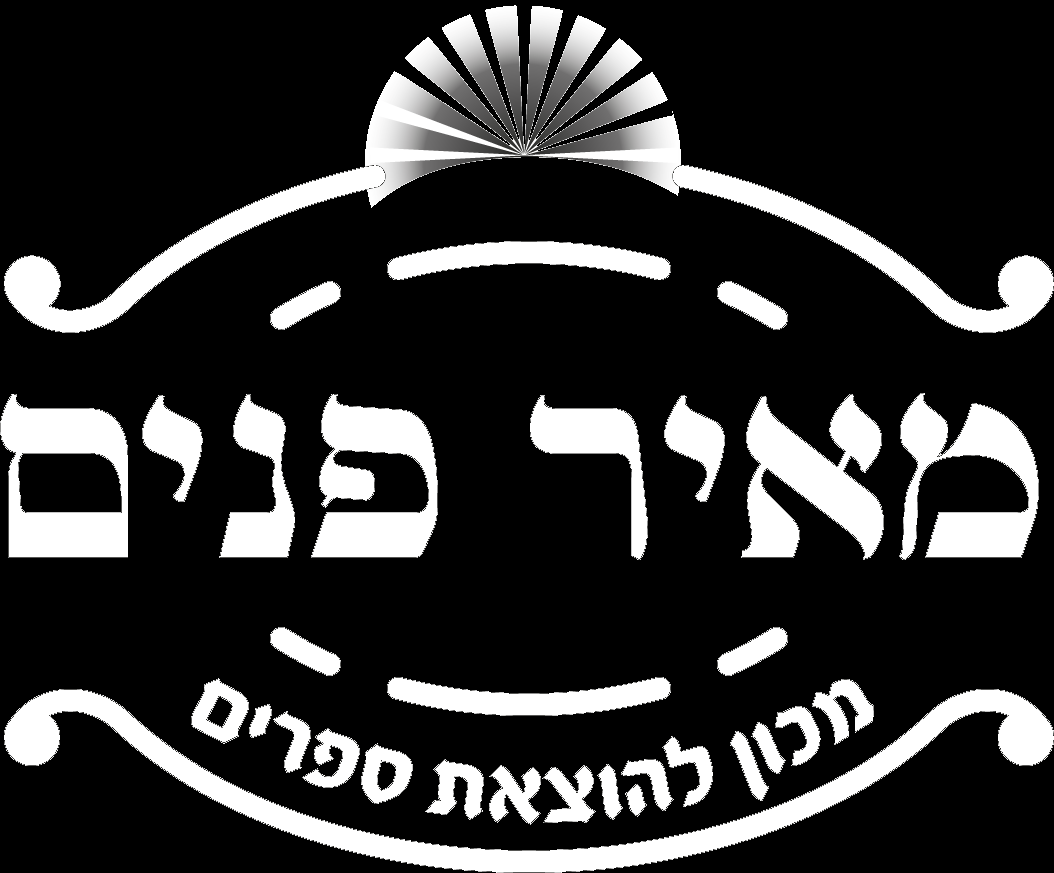We cited the mekoros of Rashi, because Rashi almost always brings a Chazal with a minor change and can thus be compared and thus help the learner see what Rashi has come to add. We also completed the pesukim quoted in Rashi’s words with nekudos.
Targum: We translated the words in which the Targum differs from the Chumash to show what the translation came to add.
Ramban: Punctuation and paragraphs and Mekoros, and mainly to bring Mekoros from the Zohar and other Sifrei Kabbalah, when the Ramban explain in the Derech HaEmes. Although it is mainly accepted that the Ramban did not have a Zohar, but everyone who reads ~five of our footnotes would find it difficult to say so, and it was more likely that he had.
Rabeinu BeChaya: punctuation and paragraphs and showing places, and mainly bringing Mekoros from the Zohar and other Sifrei Kabbalah.
It should be noted that the Rashi Ramban and Rabeinu BeChaya (his student) share that they are usually very much based on the Chazal, unlike the Ezra, Rashbam and Sephorno (which study the Bible primarily literally) and therefore the printing of the Chumash with these pirushim together will be of great benefit to the Bnei Yisrael.
